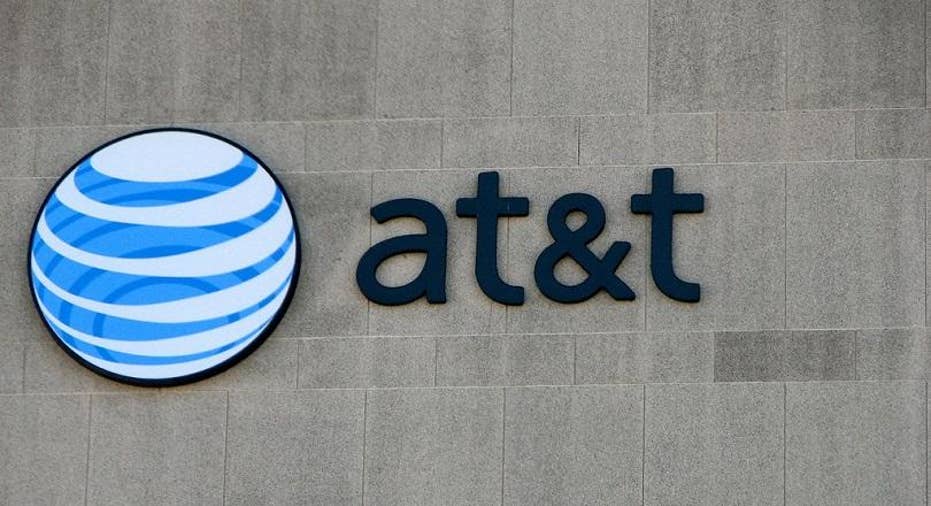Report: $35 DirecTV Now Arrives Next Month

AT&T's streaming video service DirecTV Now will reportedly launch in late November with a $35-per-month price tag.
That fee "includes your mobile streaming cost," CEO Randall Stephenson said during Tuesday's WSJDLive Conference, TechCrunch reports.
"We think this is big," he said in a joint appearance with Jeff Bewkes, chief of Time Warner Inc, which AT&T just announced it will acquire for $85.4 billion.
Last month, AT&T revealed plans for a streaming TV platform expected by the end of the year. Promising more than 100 channels at a "very, very aggressive price point," Stephenson hinted that the program will be exempt from data caps.
It's likely any exemption would apply to a customer's home broadband and mobile plans. AT&T, which owns DirecTV, recently announced that its cellular customers who also subscribe to DirecTV can watch streaming content without draining their data allotment.
If an exemption does extend to mobile viewing, it would follow services like T-Mobile's Binge On, which allows unlimited audio and video streaming from a handful of providers. Though popular with consumers, the program has drawn criticism from net neutrality advocates.
Whether or not DirecTV Now can prove a worthy competitor to Netflix and Amazon Video depends largely on its partnerships with TV and movie studios. Stephenson recently said that "we've been doing what I would consider some win-win arrangements with the content providers."
An AT&T spokesman declined to comment further.
The company on Saturday declared its intention to buy Time Warner Inc., not to be confused with Time Warner Cable; the two companies split in 2009.
Time Warner Inc. now comprises Home Box Office, Turner, and Warner Bros. Entertainment—whose properties include HBO and Cinemax, CNN, TBS, TNT, and more.
Like they did when Comcast acquired NBCUniversal in 2011, regulators will likely have questions. Sen. Al Franken, a Minnesota Democrat, said in a statement that the deal "raises some immediate flags about consolidation in the media market."
This article originally appeared on PCMag.com.



















